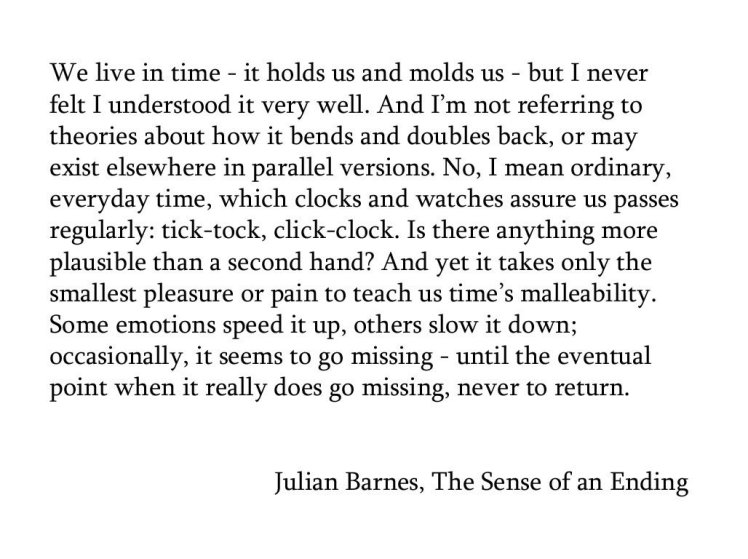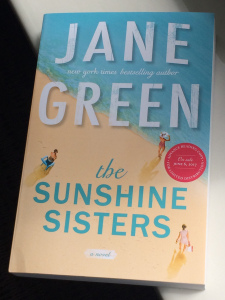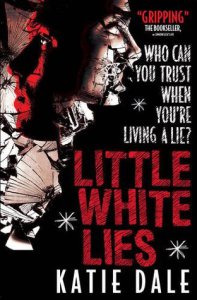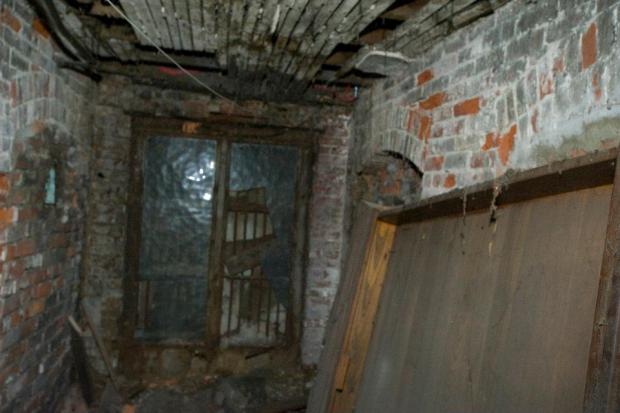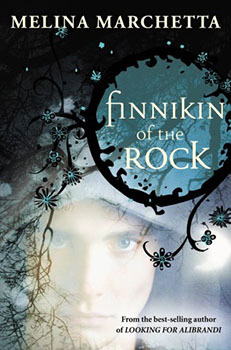Three years after its first Canadian publication, Joseph Kertes’s The Afterlife of Stars has appeared in the US. Was it worth the wait? I’m honestly not sure. Although I read it quickly, even avidly, I have mixed feelings. Sometimes it’s terrific. But sometimes it’s unconvincing and clunky.
The novel begins in Budapest. The narrator, Robert Beck, turns 9.8 years old, as he puts it, on October 24, 1956. But that’s hardly the most important news of the day: the city is in upheaval. Students protesting the Communist government have been fired upon by the secret police; it won’t be long before Soviet tanks would be in the streets. The Becks—who we learn survived the last war in dramatic fashion—don’t wait to see how things turn out. Any hesitation they might have had about leaving is erased when Soviet officials arrive to requisition their apartment. They manage to get on one of the last trains leaving Budapest and walk across the border to Austria, where they are welcomed, if not with open arms, then at least with food and shelter. Robert and his older brother, Attila, treat it all as a bit of an adventure. But their father, in particular, wants nothing more to do with Europe. He arranges passage first to Paris, where his wife’s sister, a former opera star, lives in comfort, and then eventually to a new life in Canada.
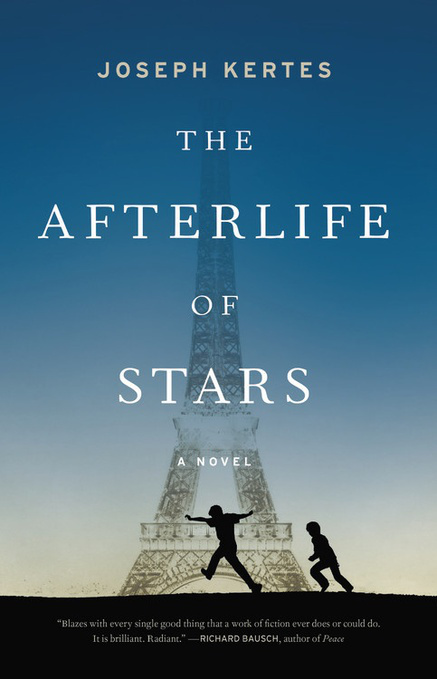
As befits his name, Attila is a firebrand, equal parts annoying and entertaining, though I found him more the first than the second. The thirteen-year-old Attila knows more than Robert, though mostly what he knows is how, in the self-satisfied yet probing way of teenagers, to ask irritating questions, demanding to know everything from why sperm, so important, so exciting, so able “to make babies, humans, soldiers, beauties, love, courage, heroism” should be such a “drab pearly cream color” to why, if heaven is so wonderful, God and the angels should spend so much time looking down at the world.
Attila is a bit larger-than-life, supercilious, world weary before his time, mostly desperately uncertain. Robert is kinder, gentler, young and a bit naïve. Kertes chooses to narrate from within events: the older isn’t looking back on the events of his past and considering them with the knowledge of hindsight. This means the book eschews exposition: it helps to know something about the Hungarian Revolution. But it’s impressive how clearly we can follow what’s going on. We don’t need to know the full complexity of the crisis. We just need to know that this family, which has been persecuted before and barely survived, is determined to avoid getting into the same situation. The Becks, we gradually learn, are Jewish. And we see how much they have to fear when, on the bus to Paris, an older man spews anti-Semitic invective that leads to a fight.
Even before that Kertes has made clear how dangerous the situation in Hungary has become. Robert and Attila slip out of the apartment where the grownups are frantically packing and slink through the suddenly dangerous streets of Budapest. We feel the menace all the more because Robert isn’t really sure exactly what’s happening. The boys hoist themselves up onto the plinth of a toppled statue of Stalin and burrow into the shoes that are the only part left standing. They narrowly avoid being shot at. Minutes later, they get caught up in a group of protesters and again they are fired on. They duck into a side street and come across a movie theater. A man is standing calmly outside it:
He was dressed in a brown gabardine suit and wore a matching brown fedora. He was lighting a cigarette, turning away from the wind that brought us. … We caught up to the man just as he exhaled his first full puff of smoke, and a shot sounded, taking off his hat. For a stark and childish moment, I tried, in my own mind, to trace the path of the bullet through the man’s head as it knocked over everything in his path: his day, his night, his next puff of smoke, his dinner plate of veal paprkas, his smiling daughter holding up a glass to the light to see if it was cracked, his wife entering the dining room with the wine, wiping a damp hand on her apron.
This is just the sort of thing I meant when I said I didn’t know how to take the book. I’m not buying the last part of this passage. The childish tracing of the bullet through the man and his life, okay, fine, but that the boy would imagine the man’s daughter and his wife, I don’t buy it. Maybe this contradicts what I said before—maybe this is retrospective narration, though it isn’t cued as such. I think it’s just a bit of a slip, a sentimental litany of the small things in life that undoes what’s best about the passage, namely, how suddenly the man dies.
At first I thought this scene was going to be played for laughs, the way the scene with Stalin’s statue mostly is: it would be fitting to place the sort of gag that might appear in silent film—man lights cigarette, bullet takes his hat, man continues to smoke calmly—in front of a movie theater. But as we soon learn it’s the man’s head not his hat that’s shot. The boys speed into the theater, through “white doors now spattered with blood.” They stay for a Tarzan movie, not sure what else to do, part terrified and part interested in the show.

The Budapest scenes use this unstable tone to mimic the utter uncertainty of the situation. But the scenes in Paris work less well. Without the chaos of the revolution it’s hard to understand why the text veers from jaunty to somber, from laughs to horrors.
There are horrors in Paris, but they turn out to be in the past, specifically in the wartime experiences of the elder members of the Beck family (Robert wasn’t yet born, Attila was only a baby). Behind their aunt’s house, the brothers find a trunk filled with letters that explain how the boy’s uncle Paul, who worked for Raoul Wallenberg, saved the Becks from deportation, managing in the most dramatic and implausible way (though admittedly this was a time when implausible things happened regularly) to get them off the train that was taking them to the camps in the East. Wallenberg is the Swedish diplomat who in 1944 saved thousands of Jews by issuing certificates of protection; he disappeared late in the war under mysterious circumstances—he was last seen with Soviet officials in January 1945 who is thought took him back to Moscow. More than likely he was executed at K G.B. headquarters.
Wallenberg is only a peripheral figure in the novel, and I’m really not sure what he’s doing in it. I’m similarly unsure what the book wants to say about the relation of the past to the present. The brothers’ investigation into the family’s past has none of the lightness and menace of the descriptions of the escape from Hungary. Instead it feels lumbering and clunky. It’s implausible how easily the boys find out what their elders have steadfastly refused to tell them, though I suppose it’s possible the novel could, through the ease of the way the past comes to light, be satirizing the very idea that traumatic memories can be understood.
But notwithstanding its title, which intimates that the past does indeed linger into and even distort or contaminate the present, The Afterlife of Stars fails to convince that it’s as in control of its depiction as that reading would require.
That lack of control is most evident in a scene towards the end of the book when the boys, implausibly on the trail of the Nazi who tortured their aunt, and in thrall to the Paris that they only know from Les Miserables, make their way through the sewers of Paris. The main function of the scene seems to be allows Kertes to offer an extensive description of the filth of Paris:
We had to pause to admire the dark river glubbing by, this wonder of the world. Lights down below lit up everything the city had expelled from the land above: leftover cabbage soup, even digested cabbage soup, fingernails and toenails, and earring, the nightly bathwater, a razor blade with a bit of face still stuck to it, cigar butts, the flow of a bad stomach, the flow of a good one, a gold wedding band, bones, knives, guns, vomit, dead goldfish, live mollies, hairs—blond, brunette, gray, auburn, true black, dyed black, dyed blond, dyed red—hairs by the millions and trillions, short hairs, long ones, curly ones, eyelashes….
The passage continues for almost another page. I do like that “glubbing,” though.
We could read this as a metaphor for repression—for all the things no one wants to acknowledge about the traumas of the past. And indeed the razor blade “with a bit of face still stuck to it” recalls the man shot outside the Budapest theatre. But my sense is that the text is interested in this underground world for its own sake. It seems to share the boys’ wonder at the place they’ve found their way into. Kertes likes lists, they seem to stand for him for an idea about the world’s plenitude—is the fulsomeness of these descriptions supposed to console his characters for their many losses?
These questions lead me back to the question of the book’s tone. Is it supposed to be a boys’ own adventure? Or a depiction of 20th century horrors? I guess it could be both: there’s nothing necessarily wrong with a book that’s hard to pin down. And certainly the adventure ends soon enough, with grave consequences for the Beck family. (At first I thought this was an accomplished YA novel, but although its style is straightforward and its protagonists young it’s awfully dark, even by the standards of today’s grim and apocalyptic YA fiction.)
But the book’s inability to choose a note and sustain it ultimately seems to me more a failure of execution than a commentary on the world the Beck brothers are forced to navigate.
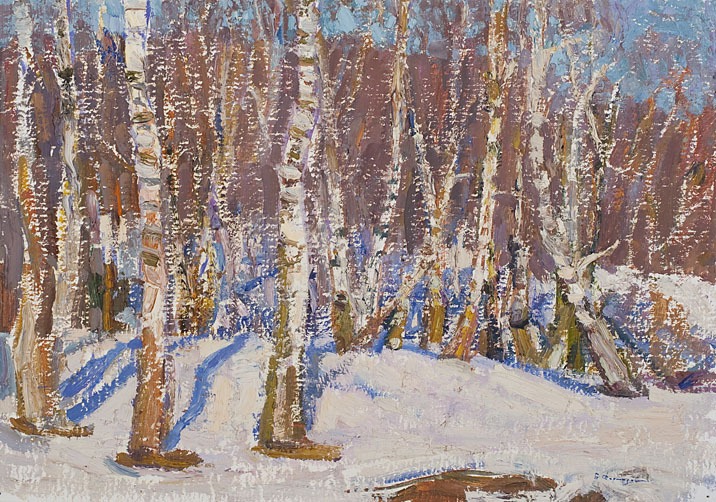
My favourite passage—another list—is the only clearly retrospective one in the novel. It comes right at the end, when Robert, on board the ship to Canada, meets a boy who is eager to play his shortwave radio for him. Robert doesn’t understand what he’s listening to. The other boy, who has some English, explains:
“The man is saying snow—there’s lots of snow falling. It’s a weather forecast, and he’s naming the Ontario counties and towns. An early blast of winter—in November!”
“Snow,” I repeated, my new English word.
We listened. The radio man’s voice sounded soft and calm. I did not know the names then, but I have heard them many times since, lying alone in my room, listening to the feathery snow tick against the window as I wait for sleep: Essex, Kent, Lambton, Elgin, Middlesex: snow, high of twelve. Huron, Perth, Grey, Bruce, Waterloo, Wellington, Oxford, Brant: snow, heavy at times, high of eight. York, Durham, Bellville, Quinte, Northumberland: snow, mixed with freezing rain. Peterborough and the Kawarthas, Parry Sound, Muskoka: heavy snow, whiteout conditions through the night, and bitterly cold, high of minus twenty-two. Algonquin, Renfrew, Pembrooke, Barry’s Bay, periods of snow, clearning in the morning, high of eight. Ottawa, Prescott, Russell, Cornwall, Morrisburg: light snow, but very cold, high of minus seven. Wawa, the Sault, Cocrane, Timmins, Lake of the Woods: whiteout conditions, high of minus twenty.
It sounded as if the gentle radio announcer were calling each of his children to bed, by name, one by one.
I’m all over this passage. It feeds my homesickness and nostalgia; it promises to support my need to believe that Canada really is as good a place as it thinks it is. At a time when my adopted country wants to turn away those in need and repudiate the generosity that is its best characteristic, it’s nice to be reminded that my native land has been—and still is, though I worry for how much longer—a place welcoming to others.
It would be false and indeed stupid to think that Canada is a perfect place, a place with no problems other than the weather, but coming at the end of this novel, the weather forecast is indeed a kind of lullaby. No matter how bitter the cold or fearsome the whiteouts, this scenario feels like a relief after the events the Beck family has been through.
My pleasure in this passage was dimmed only by the references to Fahrenheit temperatures. Surely this was changed from the Canadian edition. Although I suppose it matters when the “many times since” of this passage is supposed to be. If it’s in the years shortly after Robert’s arrival in Canada—that is, if he’s still supposed to be a boy—then I guess it would make sense, since no one used Celsius before 1975. If it’s supposed to be much later, closer to our present time, if the narrator is now an old man, then it wouldn’t.
Anyway, that quibble doesn’t dim the book’s ending for me. Although I wasn’t totally sold on The Afterlife of Stars I liked it enough to get Kertes’s first novel, Gratitude, form the library. It’s about the Beck family’s wartime experiences, and I’m curious how the new book does or doesn’t complement it. Has anyone read it?
Advertisements Share this:

